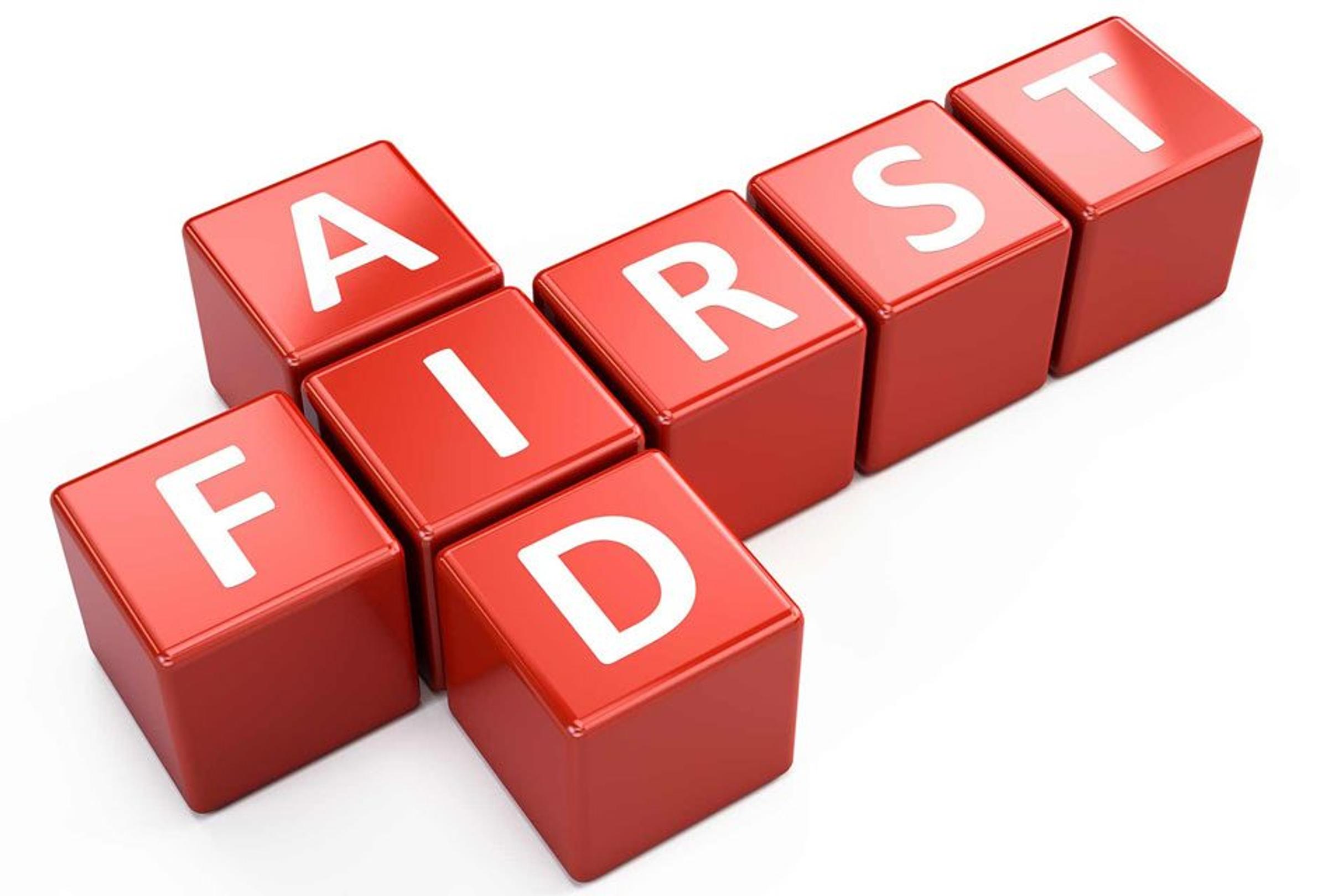First Aid

Important Information from Sickbay
We fully understand the frustration and cost of your child losing items of school clothing and therefore request that you clearly label your child’s clothing with both their first and last name so it can be returned to their classroom should it be placed in lost property. Please note - we endeavour to do this on a weekly basis. Unfortunately, with the large number of items not labelled we are not able to leave them in lost property for any length of time. These items are then washed and placed with our spare clothing. Also hard items such as lunch boxes, drink bottles etc are thrown away every two weeks due to hygiene reasons. Please ensure that these are also clearly labelled for return.
Hay Fever
Hay fever is the common name for a condition called allergic rhinitis, which means an allergy that mainly affects the nose. However, hay fever can also affect your eyes, throat, sinuses and ears.
Seasonal hay fever occurs mainly in spring and summer, and affects people allergic to pollens. Hay fever can also occur all year round – this is called perennial hay fever.
Hay fever is very common, and affects up to 30 per cent of children. Children with hay fever commonly also have other sensitivities, like asthma, eczema or food allergy.
Signs and symptoms of hay fever
If your child has hay fever, they may have:
- frequent bouts of sneezing
- a runny nose
- blocked nose (either one or both nostrils)
- itchy ears, nose, throat and roof of the mouth
- red, itchy, swollen and/or watery eyes
- headaches.
If hay fever is left untreated it can lead to poor quality sleep, tiredness and daytime sleepiness.
In some cases, hay fever can also:
- make asthma more difficult to control
- increase the chance of sinus infections
- affect your child's learning and performance
- lead to bad breath, a husky voice and/or a sore throat
- cause more frequent eye infections because children rub itchy eyes.
What causes hay fever?
Hay fever is triggered by what we breathe in. The small hairs and mucus in the nose trap dust, pollens and other tiny particles. Someone with hay fever is allergic to some of the particles that get trapped in their nose.
Triggers include:
- pollen (from grasses, flowers and trees)
- dust mites
- animal fur or hair (dander)
- mould spores
- cigarette smoke.
If your child has perennial (all year) hay fever, they will most likely be allergic to dust mites, animal dander and/or mould spores.
Treatment for hay fever
Hay fever cannot be cured, but there are a number of ways you can improve the symptoms and give your child some relief.
The best way to reduce the frequency of your child's hay fever is to identify what causes your child's allergic reaction and then try to avoid contact with it, or at least minimise contact.
Sometimes the cause is obvious, such as a pet. If you are having trouble working out the cause of your child's hay fever, see your GP. The doctor will ask questions and may suggest allergy tests (such as skin prick tests) to identify the cause.
If your child is allergic to pollen, checking the pollen count for your region can help you be aware when your child's hay fever might be worse.
Your doctor may suggest using medication to help relieve your child's symptoms, such as:
- non-sedating antihistamines
- low-dose steroid nasal sprays, which may be useful for older children.
Your doctor or pharmacist can give advice on which medication may be best for your child.
Immunotherapy may be a suitable treatment option if your child has severe hay fever. Immunotherapy is a long-term treatment that involves exposing your child to small amounts of the allergen (the substance they are allergic to). This allows your child to gradually build up their tolerance to the allergen. Talk to your doctor about immunotherapy if your child has serious allergic reactions.
Key points to remember
- Hay fever is an allergic reaction that mainly affects the nose.
- It is most common in spring and summer, but can occur all year round.
- Avoiding triggers is the best way to reduce the frequency of hay fever symptoms.
- Medications may help relieve symptoms.
Developed by The Royal Children's Hospital. We acknowledge the input of RCH consumers and carers.
